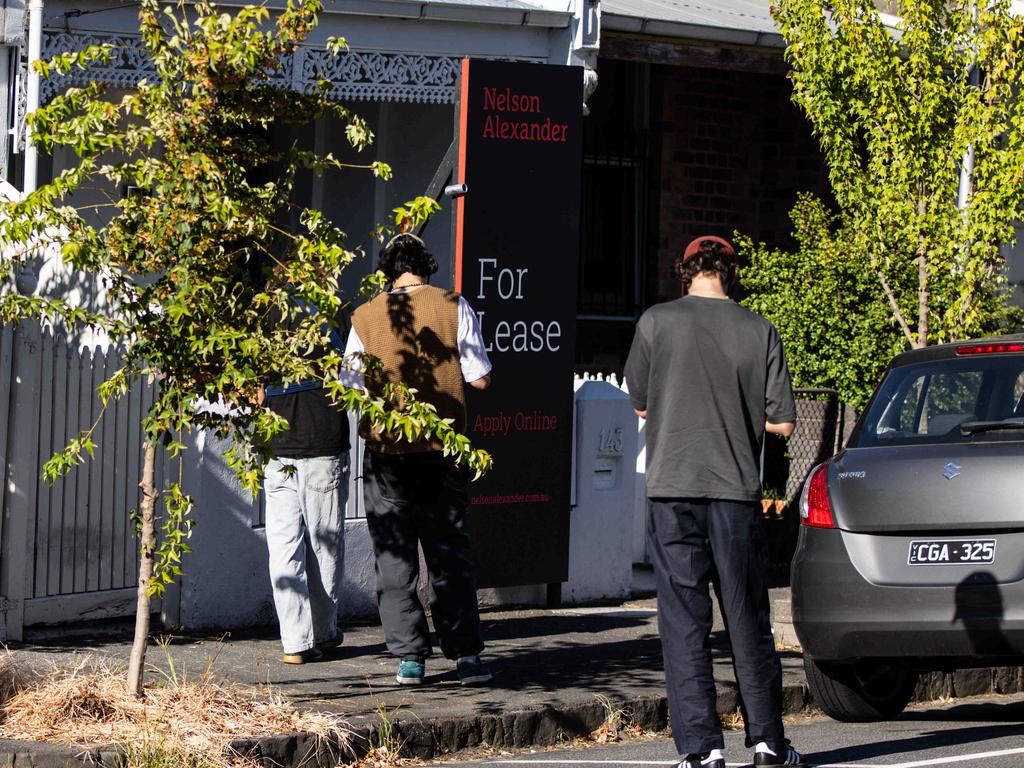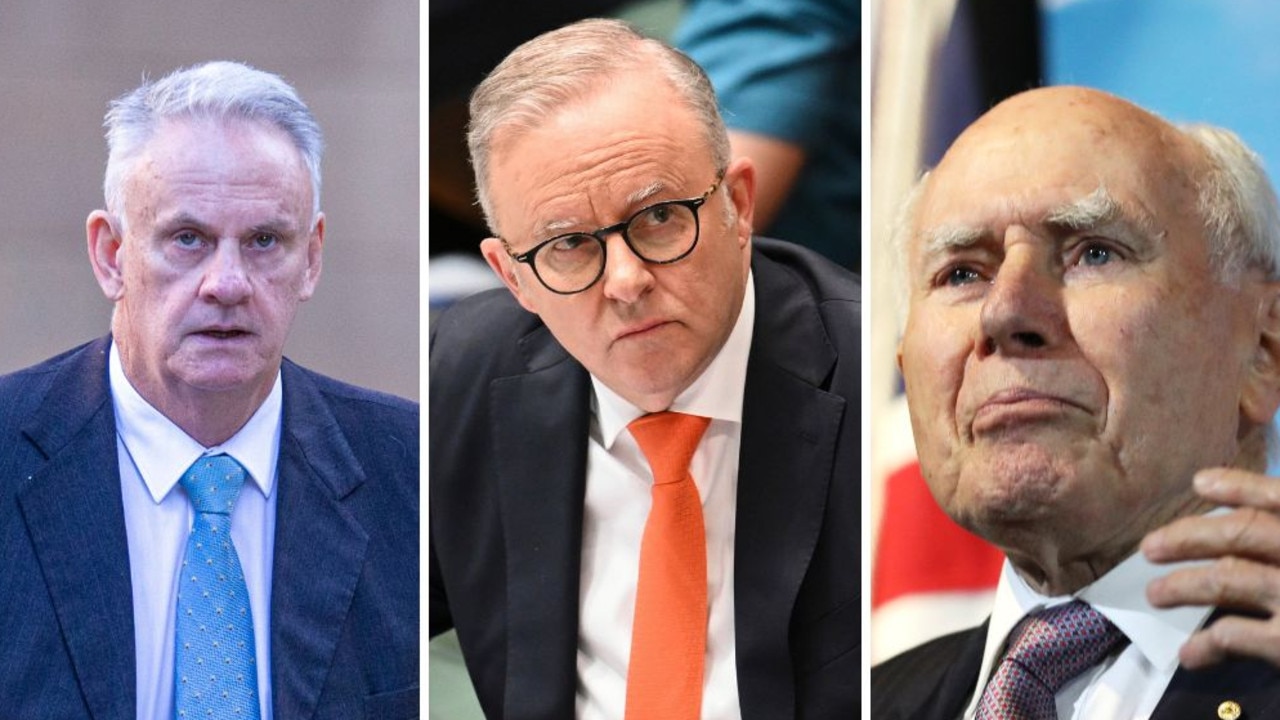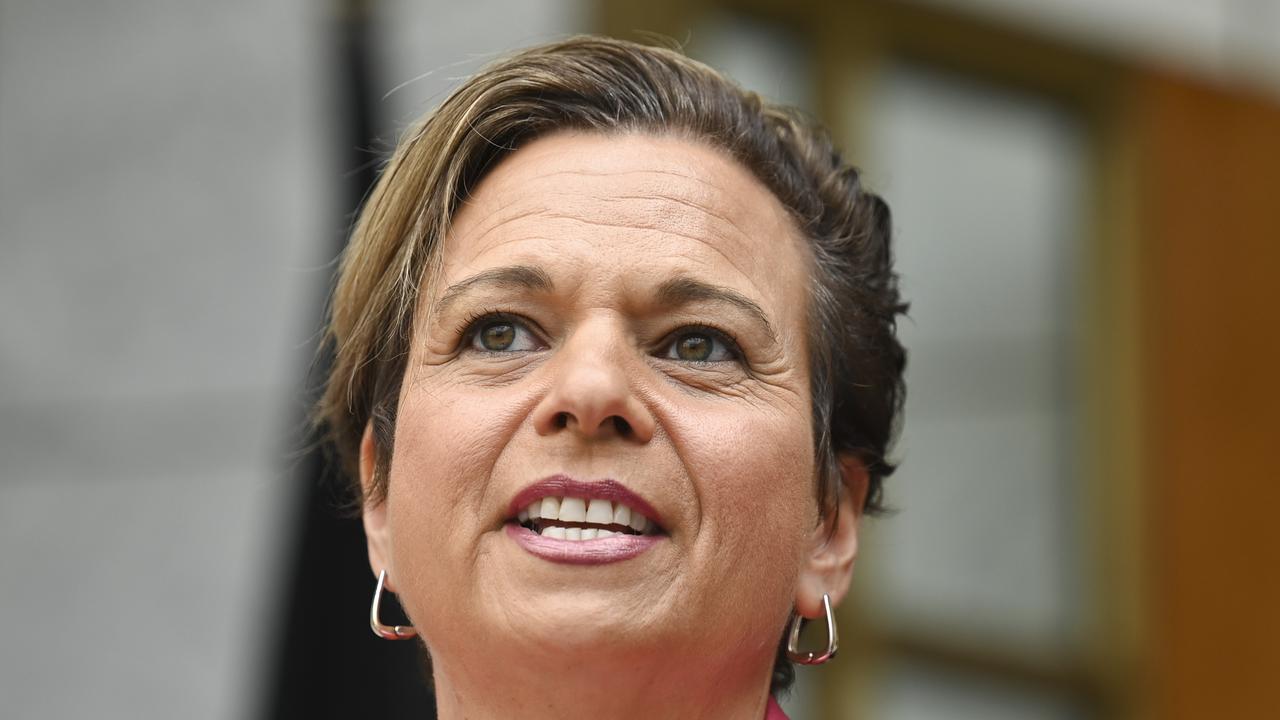Foreign student visa cuts set to clear Senate
A review of illegal immigration risks from foreign students has been postponed, angering universities desperate for revenue from overseas enrolments. But a Senate committee has given the green light to caps on international student numbers next year.
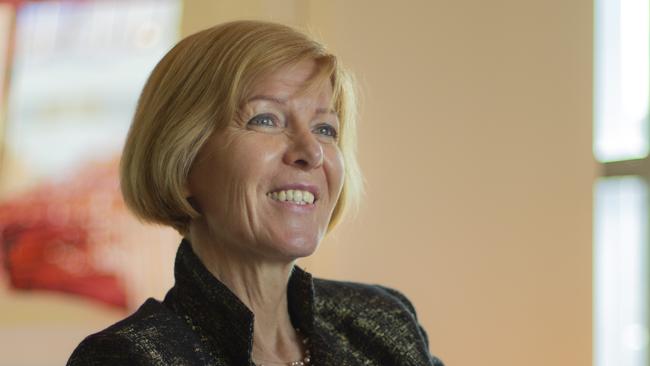
International student numbers will be capped at 270,000 next year after a Senate inquiry warned of “non-genuine students and unscrupulous providers’’.
The Senate is now set to pass legislation granting federal Education Minister Jason Clare unprecedented powers to cap enrolments and set quotas for every university and training provider.
The Senate’s education committee recommended the bill be passed, as “the next step in strengthening Australia’s international education sector, protecting students from collusive and unscrupulous actors and giving education providers long term certainty.’’
“The committee recognises that the international education sector has seen an unprecedented increase in the number of enrolments since the Covid-19 pandemic, which is testament to the quality and reputation of Australia’s institutions and providers,’’ it stated in its report, tabled in the Senate on Wednesday night following a five-month inquiry.
“However, there is a portion of this increase that has been driven by non – genuine students and unscrupulous providers.
“In the long term, these issues have the potential to damage Australia’s reputation.
“The committee agrees that strong measures are required to ensure the quality and integrity of the international education sector.’’
In a recommendation likely to be accepted by Mr Clare, the committee called for the removal of his power to set quotas for individual courses at universities and state government-run TAFE (Technical and Further Education) colleges.
“The bill would still allow different limits for regional and metropolitan campuses and by sector (that is) higher education and VET (vocational education and training),’’ the report states.
“There were strong concerns raised regarding the practicality of imposing and managing course level caps.’’
The committee found that “most public universities will be able to have close to the same number of international students commencing in 2025 as they did in 2023’’.
The committee called on the government to axe Ministerial Direction 107 – the controversial decision by former Home Affairs Minister Clare O’Neil to prioritise visas from low-risk countries such as China.
A dissenting report from Coalition senators noted “overwhelming evidence about the enormous economic harm the … direction has wreaked on the education sector, with conservative estimates that regional and smaller universities have suffered losses of at least half a billion dollars’’.
The Senate report was tabled as the federal government picked a fresh fight with universities by postponing its “evidence level’’ that rates the risks of students from various countries attending different educational institutions.
The existing level favours Chinese students while restricting those from India, Pakistan and Nepal – rewarding elite universities while wreaking financial havoc upon regional institutions.
The department has told universities its regular six-monthly review will be “paused’’ until the Senate passes the Albanese government’s controversial legislation to cap international student numbers to 270,000 next year.
“This pause will allow education providers to revise their recruitment processes following the passage of the … legislation,’’ its memo states. “Should the legislation not pass, the (Home Affairs) minister (Tony Burke) will determine the appropriate time frame for the application of the evidence level changes.
“The reputation of Australia’s international education industry depends on a student visa program with high integrity.’’
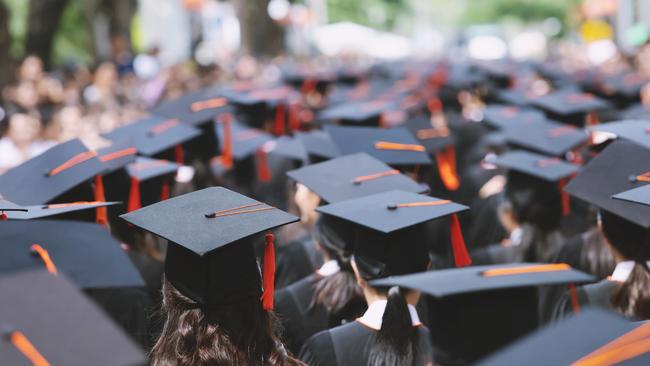
The Swinburne University of Technology criticised Home Affairs on Wednesday for “catching universities off-guard’’ with its latest decision.
Vice-chancellor Professor Pascale Quester said education providers are “being left in the dark around the decision making’’.
“Those doing the right thing are being ignored, while numerous institutions will be protected despite failing to demonstrate sufficient care when assessing applications for students to study in Australia,’’ she said.
“We are faced with kneejerk decisions, black-box decision-making processes and unprecedented levels of uncertainty.’’
The Australian Technology Network of Universities chair, Curtin University vice-chancellor Professor Harlene Hayne, said the fees from international students “are now critical to many universities’’.
“The fundamental funding model of Australian universities has peculiar limitations that few commercial operations could survive – a model where we have no control over the price we can charge domestic students or how many domestic students we can teach,’’ she said. “These fees were initially used to fill the gap to fund research and infrastructure, including the provision of quality education and services for our domestic students.’’
Professor Hayne said the university sector “has not always covered itself in glory’’.
“The recent scuffle over international student caps is just one example of the way in which the individual interests of some universities have begun to trump student need, public good and best practice,’’ she said. “We must rebuild trust with policymakers and governments. Recognising the role that caps play in a well-managed system, we will work closely with government to develop a measured approach to international education.’’
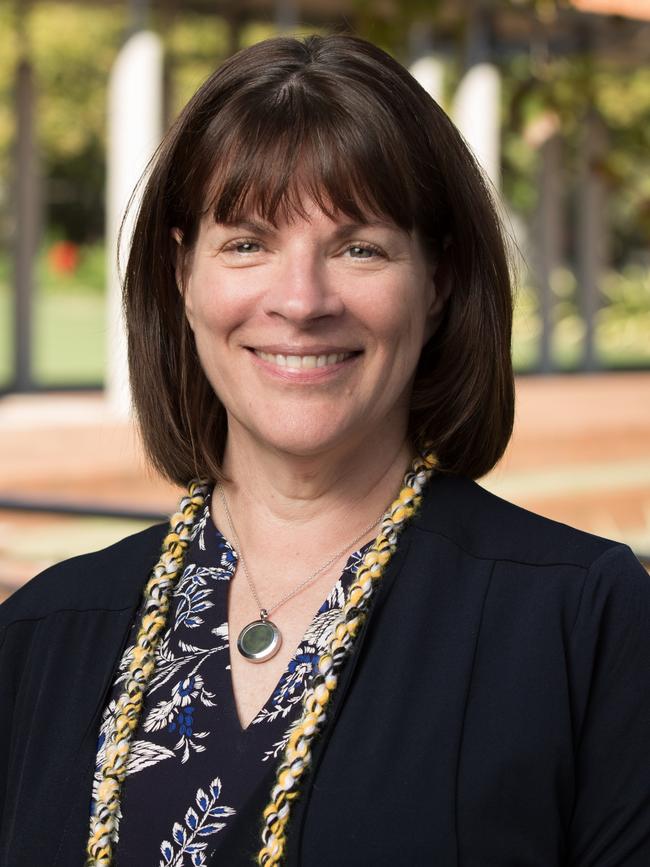
The Home Affairs memo to universities states that it usually updates evidence levels every March and September, based on the latest trends in student visa breaches.
“An education provider’s evidence level is calculated based on the rate of adverse immigration outcomes from their students, including the rate of visa cancellations and visa refusals due to fraud,’’ it states.
“Education providers have a responsibility to enrol genuine students qualified to study their intended course. Education providers also have an interest and responsibility to ensure their students submit complete and truthful applications.’’


